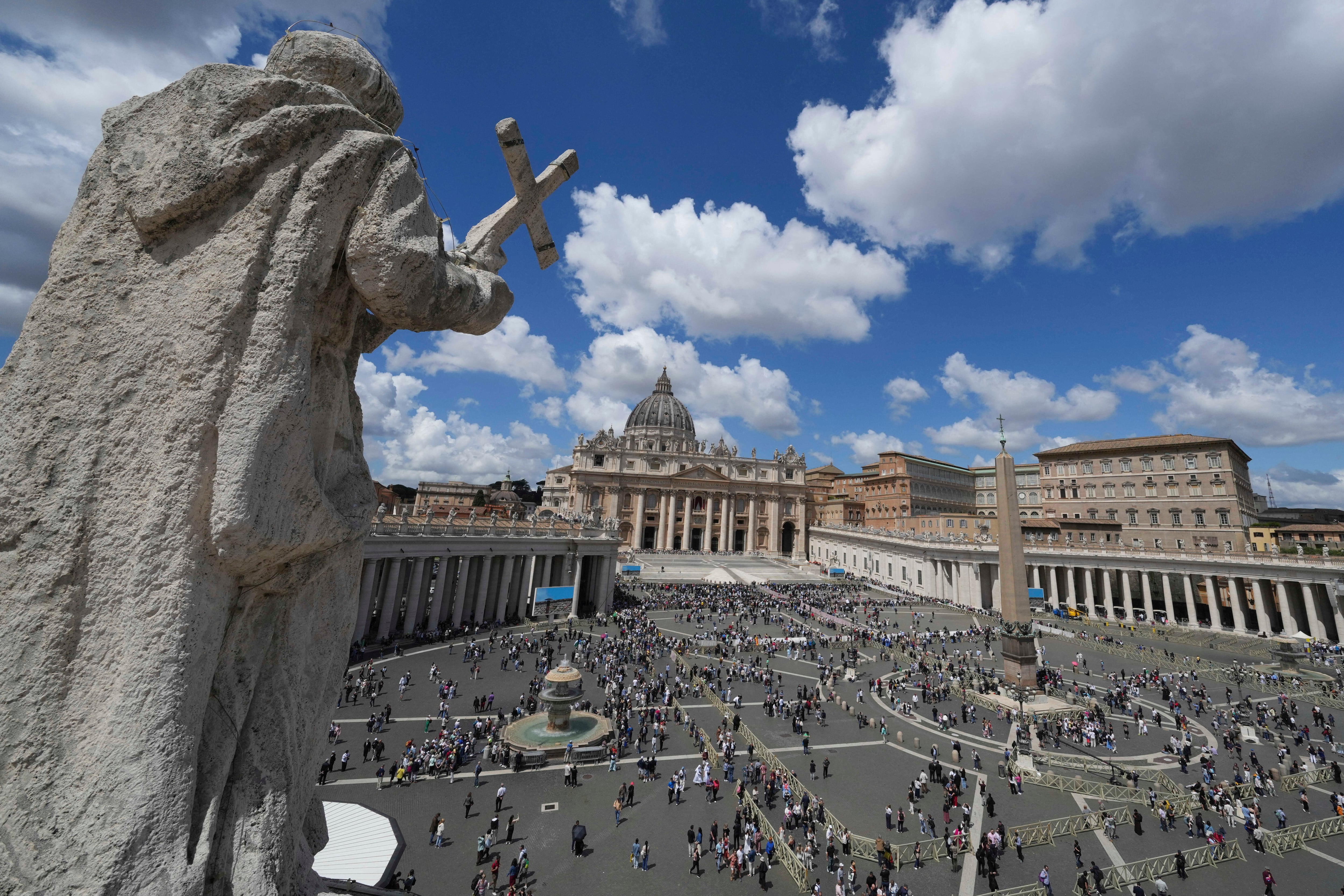
Over the past two weeks, the 12 general congregations have sparked an intense debate about the state of the Church. In more than 260 interventions, cardinals eligible to enter the conclave (those under 80) and those excluded due to age have together mapped out a shared landscape of concerns and pressing issues. From this agenda, they seek the right man to become Pope — someone capable of confronting these challenges.
In 2013, following the unprecedented resignation of Benedict XVI, the priority was clear: to clean house, restore order, balance the accounts, end corruption, and take decisive action on the clerical abuse scandal. In short, the Church needed fresh momentum and a new style after the 27-year papacy of John Paul II and its conclusion with Benedict’s eight-year tenure.
The 12 years under Francis have been a whirlwind, shaking the foundations of the Church, deepening internal divisions, and leaving many processes unresolved. It is now up to Pope Leo XIV to determine which direction the Church should take next.
A pastor and a manager
Francis was, undeniably, a pastor — on that, all the cardinals agree. But now they also want a manager, or at least someone more adept in that role than the Argentine pope. His critics accuse him of having upended the Curia, practically dismantling the Secretariat of State, sidelining the network of nuncios, and governing in an overly authoritarian manner. Jorge Mario Bergoglio operated largely on his own, relying on a close circle of collaborators. It’s no secret that many within the Vatican resented him—partly because he dismantled privileges, imposed austerity, and disrupted centuries-old inertia.
Francis centralized economic control and brought order to the Vatican’s finances. Yet, there’s a growing sense that calm must now be restored to the Curia, internal discontent addressed, and some decisions reassessed. This sentiment fueled a movement within the conclave to support an Italian pope — a return to the kind of “normalcy” that many feel has been lost in recent years, someone who can govern with a lighter touch.
At the same time, there has been debate over what kind of pastor the Church now needs. No one denies that Francis made a powerful impact on the public. His charisma, his vision of an “outgoing” Church — a “field hospital” focused on mercy rather than rules — resonated with many. But for some within the Church, that same approach sowed doctrinal confusion. They now want someone who can clearly draw the red lines, someone with a more didactic, teacher-like profile.
Many were also looking for a pontiff with a more institutional tone. A symbolic but significant decision will be whether the new pope chooses to reside in the Apostolic Palace — something Francis famously declined to do when he arrived in Rome.
Divorce, women, LGTBQ+ community
The most visible battleground of open doctrinal conflict — where Pope Francis made his boldest and most controversial moves in the face of traditionalist resistance — has been in the area of sexual doctrine. He permitted Communion for divorced and remarried couples, approved blessings for same-sex couples, and welcomed transgender individuals to the Vatican. He also opened the door to the possible ordination of women as deacons — an ecclesiastical role just below that of priest, with the authority to administer Communion, baptize, and preach. However, he ultimately stepped back in the face of intense opposition.
The same approach applied to priestly celibacy. In 2023, Francis acknowledged that the discipline could be reconsidered, but deferred the decision to his successor, framing it as a matter of Church discipline.
Francis also challenged long-standing norms in the structure of Church leadership, particularly by elevating women to prominent roles. Sister Raffaella Petrini now heads the Vatican City Governorate, overseeing nearly 2,000 employees. More significantly, Sister Simona Brambilla leads a dicastery — one of the Vatican’s key ministries — traditionally held by a cardinal.
All of these reforms remain open questions. For some, they represent progress and inclusivity; for others, they are hotly contested departures from tradition. Pope Leo XIV must decide whether to advance these paths or close them.
The unfinished reckoning with abuse
In recent years, Pope Francis acted with determination and compassion, introducing significant legal reforms to confront the clerical abuse crisis. Yet in the end, his became a largely solitary battle — one in which some within the Church supported him, but many did not. Across much of the Vatican bureaucracy and episcopates in countries like Spain, resistance has persisted.
While the issue was discussed among cardinals in recent weeks, its prominence has clearly declined since the 2013 conclave, when the abuse crisis was viewed as an urgent emergency. Inside the Vatican and across many national hierarchies, there is a growing, though often unspoken, desire to turn the page and believe the worst is behind. But new cases continue to surface, and thousands of victims worldwide are still awaiting justice and a credible response.
Pope Leo XIV must now decide: continue to delegate the issue to national bishops’ conferences, maintain the current course with minimal change, or face the scandal head-on — with clear conviction, strong leadership, and decisive action from the heart of the Vatican.
More shared governance
One of the most frequently voiced demands is for the Pope to govern less unilaterally and more in communion with the cardinals — a principle known as collegiality. It reflects a call for shared responsibility in the governance of the Church. Pope Francis had often been criticized for making decisions alone, at times impulsively, and for implementing reforms that some have deemed canonically weak or lacking consultation.
During his entire pontificate, Francis convened only one consistory — a formal assembly of cardinals to discuss Church matters — in 2014. That meeting was marked by tensions, and he never called another. Cardinals are now urging for at least one consistory to be held annually, not only to debate pressing issues but also to build familiarity among themselves, avoiding the current situation in which many arrived at the conclave as near-strangers.
This absence of consultation caused friction across the ideological spectrum, but especially among the more traditional and conservative cardinals, who have often felt sidelined. Early in his papacy, Francis formed a council of nine cardinals, known as the C-9, to advise him, but its influence was limited. There are now multiple proposals to strengthen that body — or to design new mechanisms — to ensure broader participation in decision-making.
Synodality: the participation of the faithful
The shared governance between the Pope and the cardinals must also extend downward — to include bishops, priests, and laypeople. This model is known as synodality, and it is expressed through synods: large assemblies periodically convened at the Vatican. Pope Francis embraced this approach as a way to guide the Church, making it one of the defining legacies of his pontificate.
For the first time, laypeople and women were included as participants in these synods, a move that has sparked concern among more conservative factions. Critics argue that the Church is not a democracy and that cardinals, by virtue of their office, hold distinct teaching authority that cannot be equated with that of lay assemblies.
Pope Leo XIV will now have to decide whether to continue down this path, to deepen the synodal model, or to recalibrate its scope and tone.
International politics: the clash with the US
One of the most debated issues leading up to the conclave was the Church’s role in today’s complex geopolitical landscape and its approach to foreign policy. As the first pope from the global South, Francis brought a bold and disruptive vision that broke with long-standing traditions. He openly challenged Donald Trump during his presidency beginning in 2016 and, more broadly, criticized the capitalist and consumerist model embodied by the United States.
At the same time, Francis extended a hand to China, forging a historic —yet highly controversial — agreement. The deal, kept secret, has drawn sharp criticism, especially from conservatives, who argue that it grants too many concessions. Bergoglio also took a critical stance toward Israel, and in the war in Ukraine, sought to play a neutral, mediating role — carefully balancing between Moscow and Kyiv in a bid for peace.
Sign up for our weekly newsletter to get more English-language news coverage from EL PAÍS USA Edition

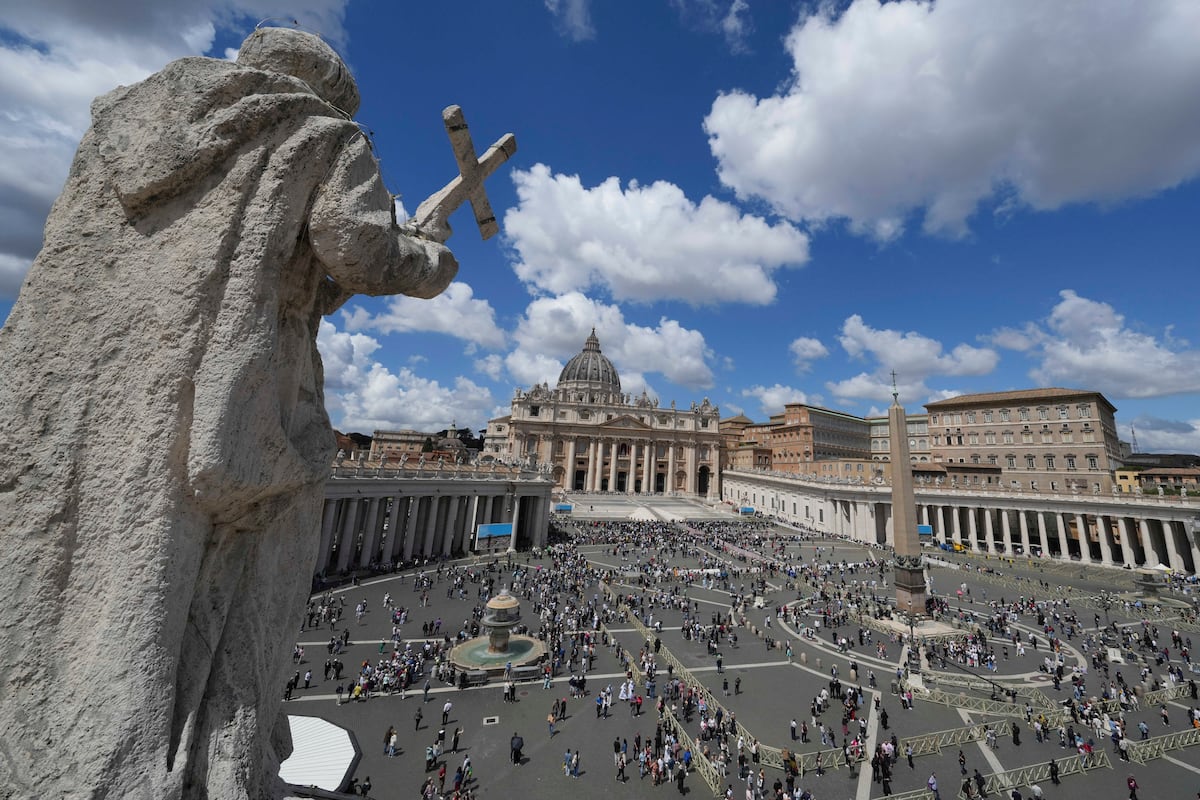
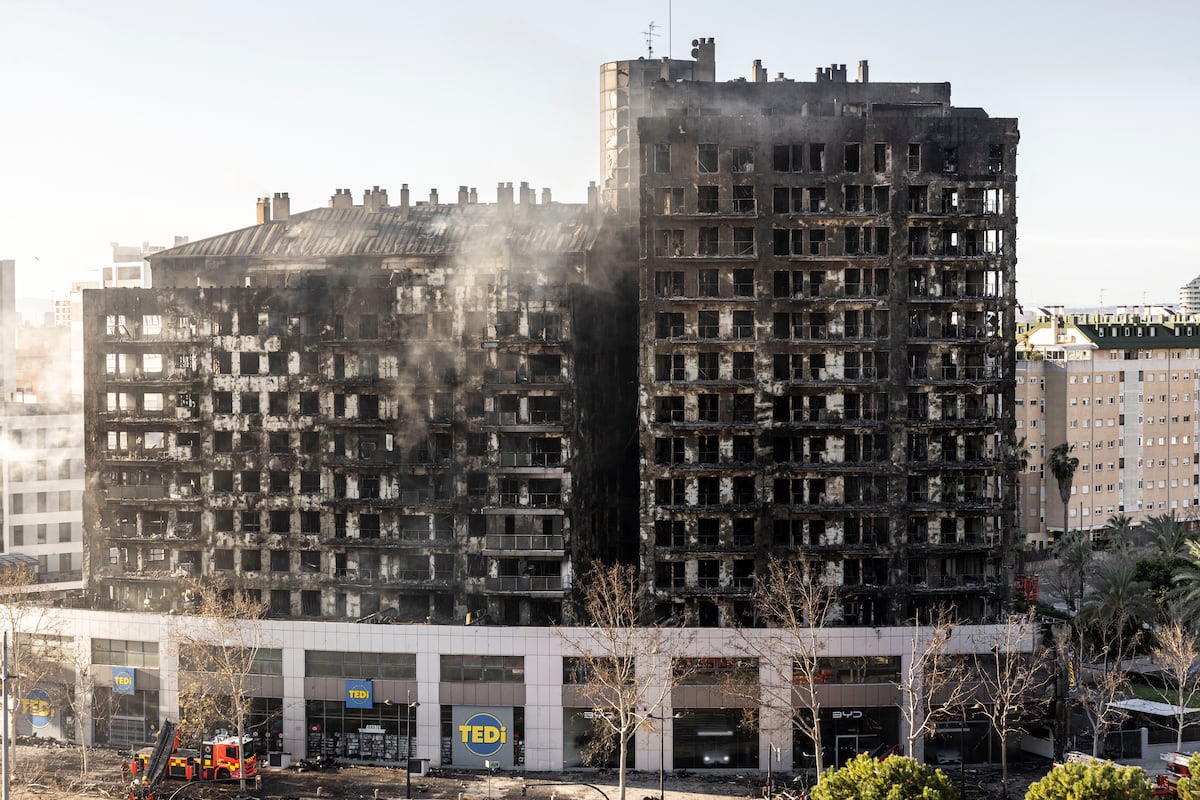
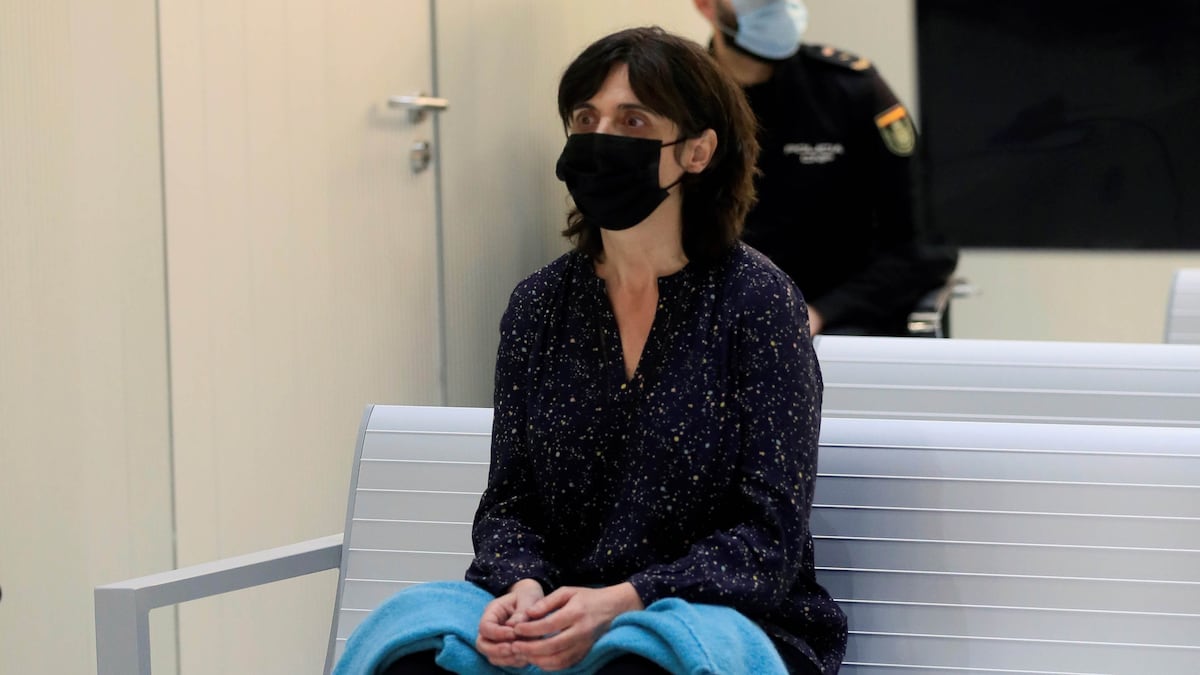
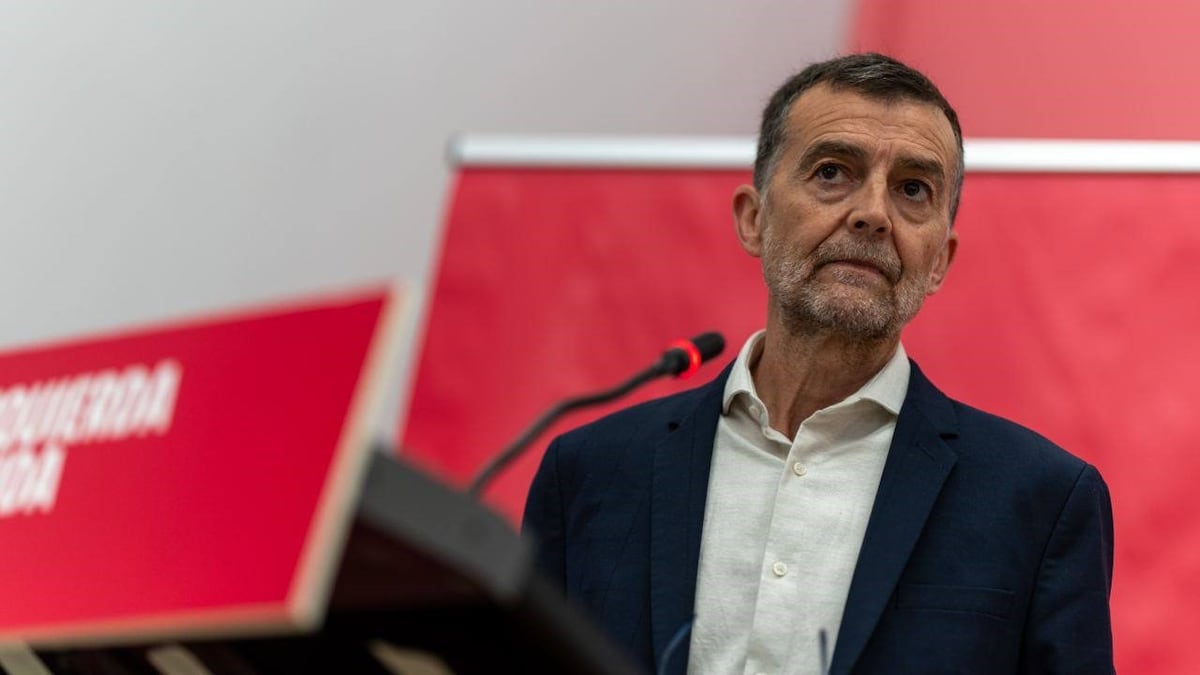
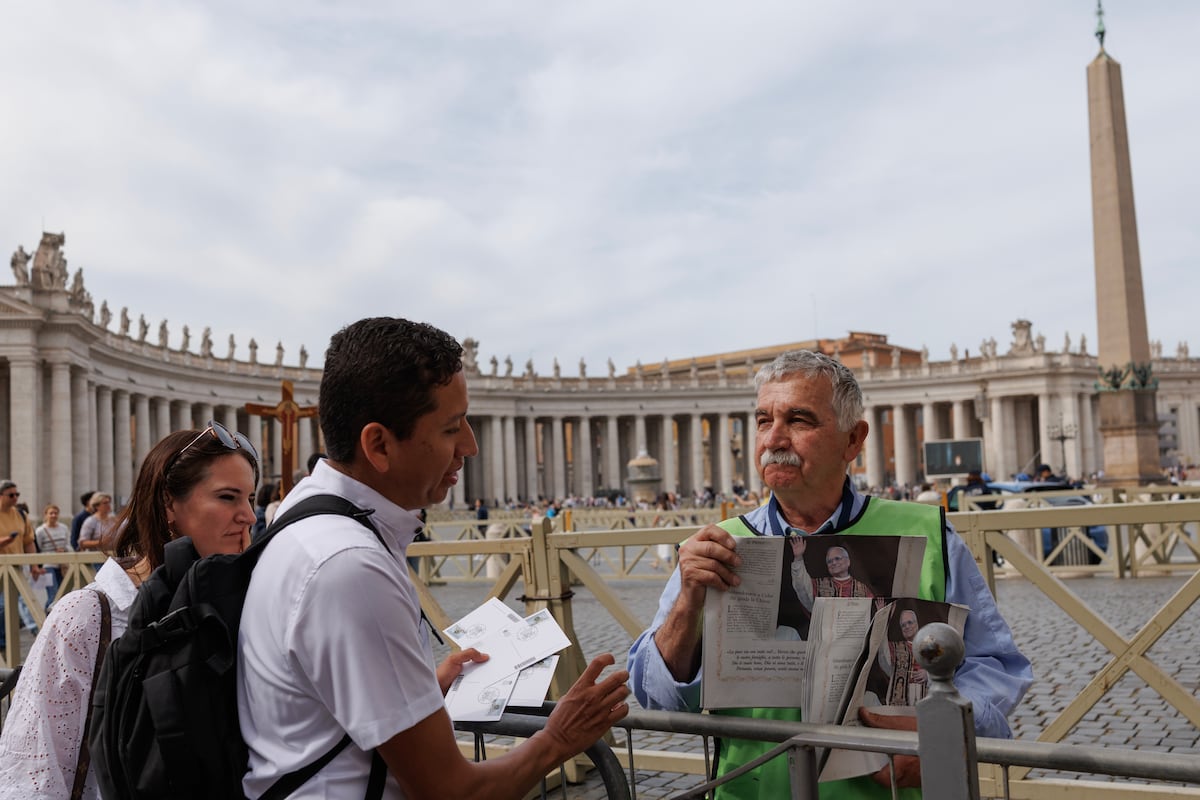

Comentarios